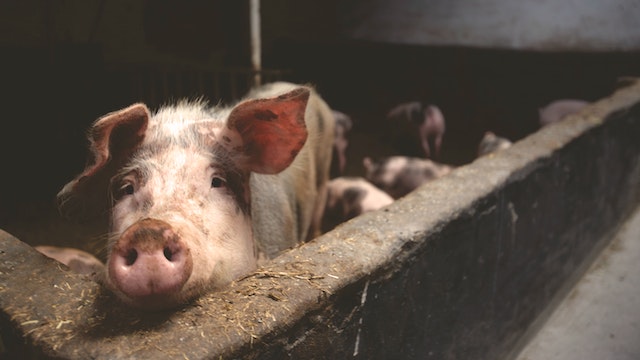
There are numerous health benefits to be gained from following a vegan diet. Research has shown that vegans tend to have lower levels of cholesterol and blood pressure, as well as a lower risk of heart disease, diabetes, and certain types of cancer. Vegan diets are also typically rich in nutrients like fiber, antioxidants, and phytochemicals, which can help support overall health and well-being.
One key reason for these health benefits is the fact that vegan diets are typically plant-based, meaning they are rich in whole, unprocessed foods like fruits, vegetables, nuts, seeds, and legumes. These foods are packed with nutrients that can support a healthy immune system, improve digestion, and reduce inflammation in the body.
In addition to the numerous health benefits of veganism, following a plant-based diet can also be an ethical and environmentally responsible choice.

For many people, the ethics of eating animals and the practices of the animal agricultural industry are major motivations for choosing a vegan lifestyle. The factory farming of animals for food has been linked to numerous issues, including animal cruelty, environmental degradation, and public health concerns.
Factory farms often overcrowd animals and keep them in inhumane conditions, with little or no access to sunlight, fresh air, or the ability to engage in natural behaviors. These conditions can lead to physical and mental suffering for the animals, and many people find these practices unacceptable.
In addition to the ethical concerns surrounding factory farming, the animal agricultural industry is also a major contributor to environmental problems like deforestation, water pollution, and greenhouse gas emissions. The production of animal-based foods requires more land, water, and other resources than plant-based foods, and this can have negative impacts on the planet.

The environmental impact of eating animals is another major concern for many people. Animal agriculture is a major contributor to deforestation, as vast areas of land are cleared to make way for feed crops and animal grazing. This can lead to habitat loss and biodiversity decline, as well as contributing to climate change through the release of carbon dioxide from the destruction of forests.
Water pollution is another major issue caused by animal agriculture. Animal waste from factory farms can contaminate rivers, streams, and other bodies of water, leading to problems like algae blooms and oxygen depletion.
Greenhouse gas emissions are another area of concern when it comes to animal agriculture. The production of animal-based foods generates significantly more greenhouse gases than the production of plant-based foods, and these emissions contribute to climate change.
In conclusion, there are numerous reasons to consider a vegan lifestyle, including the health benefits, the ethical concerns surrounding the animal agricultural industry, and the environmental impact of eating animals. Whether for personal health, ethical reasons, or the benefit of the planet, veganism can be a powerful choice that can make a positive difference in the world.